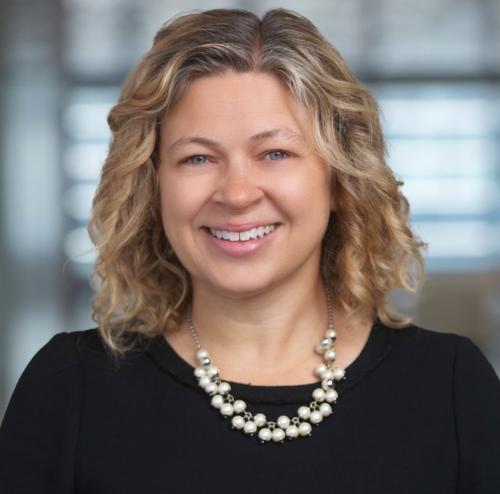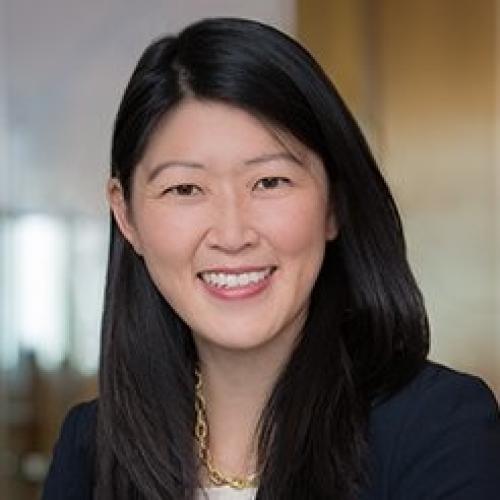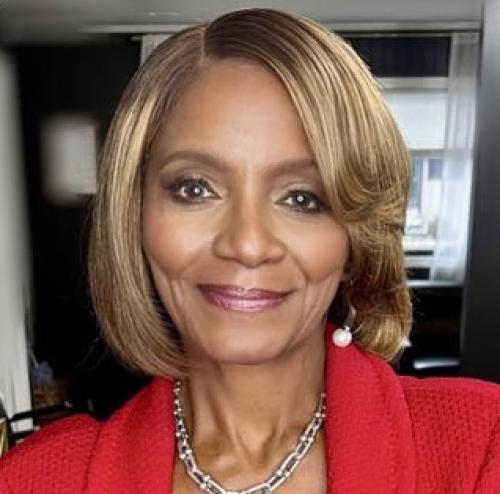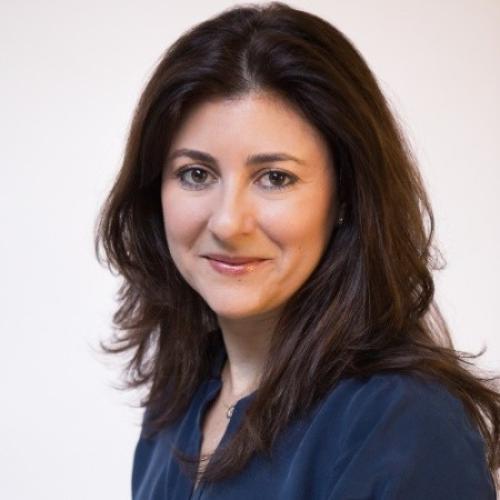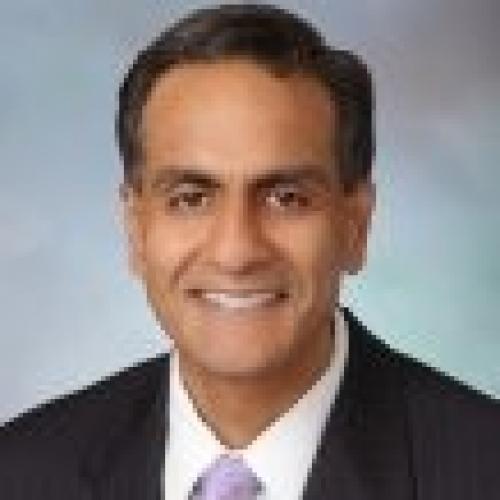Corporate Secretary Magazine Awards 2008 'Corporate secretary of the year' winner Dannette Smith
Coping with scandal, and being part of the team tasked with improving things, is never easy. But it is something at which Dannette Smith has excelled at over past year or two as secretary to the board
at UnitedHealth Group. So much so that she took home the award for ‘Corporate secretary of the year’, sponsored by CSC, at the Corporate Secretary Magazine Awards. She was in good company given the excellent nominees for the award: Winn-Dixie’s Larry Appel, Chevron’s Lydia Beebe, MetroPCS Communications’ Mark Stachiw and Kraft Foods’ Carol Ward.
It would be useful to give a little background as to why Smith took home the honor. In 2006 a group of investors brought a suit against UnitedHealth, complaining that the company’s options program for senior executives violated securities laws. This was at the height of the options backdating scandal.
William McGuire, UnitedHealth’s former CEO, who stepped down in 2006, agreed as a result of the suit to reimburse shareholders in the amount of $30 million after an internal investigation concluded many of his option awards were probably backdated.
While the internal investigation and subsequent problems it uncovered were a problem for the company, Smith and others in senior management realized that out of great challenge can come great improvement. They viewed the situation as a prime opportunity to improve governance standards throughout the company. Furthermore, while some problems were uncovered, they discovered that many sound procedures also existed.
‘We had some interesting times with the investigation related to option pricing practices but this really gave us an opportunity to review all our governance policies and practices,’ says Smith.
The rebuilding phase resulted in a number of significant changes. ‘We looked around at what others were doing and developed a good idea of where leading governance practices were going,’ Smith explains. The company very quickly took steps to implement a majority vote standard for director elections, declassified the board and overhauled executive compensation.
Time for a talk
One element that puts UnitedHealth at the top of the governance heap is its close, constant communication with shareholders. Communication cannot be restricted merely to proxy season, notes Smith: ‘That time of year is intense with thousands of companies reaching out to investors and releasing information. It is very difficult to get your message across with any clarity. For that reason we started talking with investors throughout the year.
‘We sent the CEO and CFO to meet with the Council of Institutional Investors (CII) – [of which Smith is an active member] – to discuss potential governance changes. We engaged in open dialogue with a number of investors and found the feedback to be extremely useful.’ Smith took this engagement further, approaching major institutional investor CalSTRS for help. UnitedHealth was in the process of changing the way it compensated its executives and directors, in the face of relatively new disclosure rules from the SEC: compensation discussion and analysis (CD&A). ‘We went to CalSTRS and asked if they would be prepared to help us with the CD&A. This went as far as providing them with an advance copy of the report, which they reviewed and provided some very constructive feedback. And we listened.’
Such action raises concerns about fair disclosure under Reg FD so CalSTRS had to sign a confidentiality agreement and not take action on any information it gathered. UnitedHealth redacted some actual dollar amounts and focused more on strategy and language.
Smith was also involved in forming a nominating advisory committee, comprising four long-term shareholders and a senior member of the medical community. The board was formed following a report from WilmerHale, which evaluated a number of areas including board composition. ‘When the company made a commitment to add five new board members by 2009, we formed the advisory committee to help us make sure we were getting exactly the right people,’ says Smith.
‘We wanted shareholders and other stakeholders to be involved in the selection of the new directors. They evaluated the board and identified some skill sets or experience levels they felt were missing. They then helped to identify what characteristics a new board candidate should have,’ says Smith. The committee has been invaluable to the board in selecting new directors. ‘We talk to them about new directors, about service limits on other boards (currently this stands at four), implementation of a mandatory retirement age (there isn’t one) and other important board composition principles.’
Many of the improvements and changes that have taken place at UnitedHealth derive from the internal investigation conducted during 2006 and also a benchmarking study commissioned by Smith in which the company’s governance practices were evaluated against the Fortune 25. ‘We picked the board topic of best corporate governance practices and it turned out that we did not rank very well at all. This proved to be a very useful starting point and led to a lot of excellent conversations,’ says Smith.
It has certainly been a busy few years for Smith, but she has no intention of resting on her laurels. ‘One thing we are examining is creating a shareholder bill of rights, that would increase engagement and input from investors.’
Apart from talking with others in her field, Smith highlights the CII, the Society of Corporate Secretaries and Governance Professionals and the National Association of Corporate Directors as particularly useful sources of information on governance, compliance and risk management topics.
While no one at UnitedHealth thinks that they have reached the end of the governance road, they are enjoying the recognition. ‘Stephen Hemsley, our CEO, was very excited to get independent, external validation of all the hard work and good practices that have been implemented over the past few years, and there is no doubt that this award will help our relationships [with external stakeholders].’


